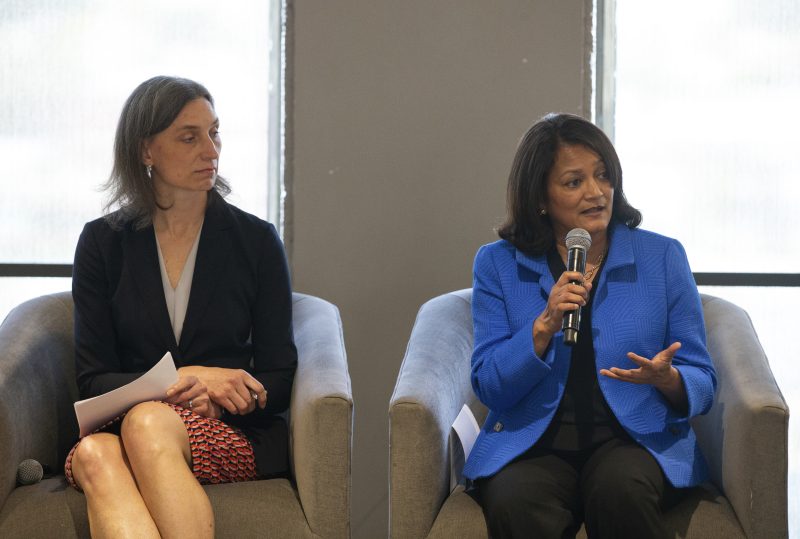Progressive Democrats: Overcoming Obstacles in Turning Activism into Election Wins
The landscape of American politics has seen a surge in progressive activism in recent years, particularly within the Democratic Party. Grassroots movements, fueled by calls for social justice, climate action, and economic equity, have mobilized a new wave of politically engaged individuals eager to push for change. While the enthusiasm and energy of progressive activists are undeniable, turning this activism into tangible electoral victories has proven to be a challenging task.
One of the key obstacles that progressive Democrats face in translating activism into successful election outcomes is the entrenched power structures within the political establishment. Long-standing incumbents and well-funded corporate interests often dominate primary races, making it difficult for upstart progressive candidates to gain a foothold. Additionally, the Democratic Party’s reliance on big donors and traditional campaign strategies can pose barriers to candidates who prioritize grassroots fundraising and community engagement.
Another hurdle for progressive Democrats is the issue of messaging and communication. While the values of social justice, Medicare for All, and a Green New Deal resonate with many voters, effectively conveying these ideas to a broader audience remains a struggle. Crafting a narrative that appeals to a diverse range of constituents, including moderate and independent voters, is crucial for building a winning coalition.
Moreover, the lack of infrastructure and resources available to progressive candidates can hinder their electoral prospects. Compared to establishment-backed candidates, progressives often operate on tighter budgets and rely heavily on volunteer support. Building a robust campaign apparatus, including field operations, media outreach, and voter targeting, is essential for achieving electoral success.
Despite these challenges, there have been instances where progressive activism has translated into electoral victories. Candidates like Alexandria Ocasio-Cortez, Rashida Tlaib, and Jamaal Bowman have successfully navigated the political landscape to win primary and general elections, signaling a shift towards a more progressive Democratic Party.
To improve their chances of winning elections, progressive Democrats must focus on building sustainable networks of support, fostering alliances with allied organizations, and engaging with voters on a personal level. By prioritizing community outreach, coalition-building, and strategic messaging, progressive candidates can strengthen their electoral coalitions and overcome the obstacles that stand in their way.
In conclusion, the path from activism to electoral success is fraught with challenges for progressive Democrats. However, by leveraging their grassroots energy, embracing a bold progressive agenda, and investing in long-term organizing efforts, progressive candidates can carve out a space within the political landscape and effect meaningful change in the years to come.



























